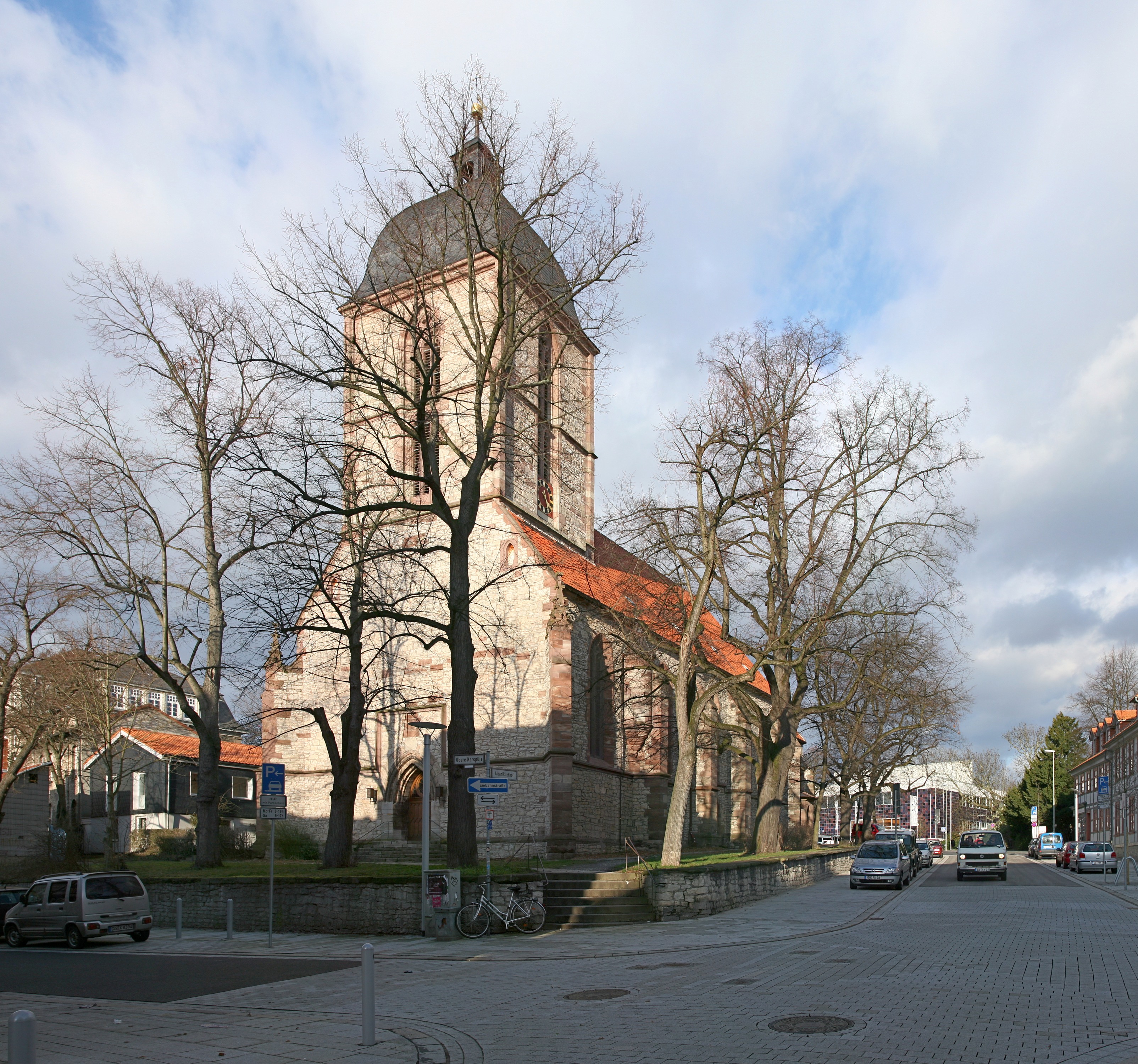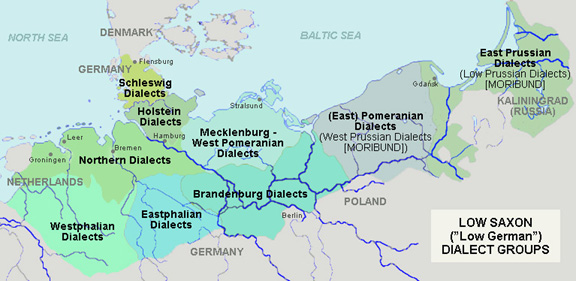|
Georg Schambach
Georg Schambach (9 January 1811 in Göttingen – 15 April 1879 in Einbeck) was a German educator and folklorist. After finishing his studies, he worked as a schoolteacher in his hometown of Göttingen, later being appointed rector at the ''Progymnasiums'' in Einbeck. With Germanist Wilhelm Konrad Hermann Müller, he was co-author of a book on Lower Saxon legends and fairy tales, titled ''"Niedersächsische Sagen und Märchen"'' (1855). The book contained 261 folk tales and 34 fairy tales, which, for the most part, were collected by Schambach on interviews taken while travelling through the former principalities of Göttingen Göttingen (, ; ; ) is a college town, university city in Lower Saxony, central Germany, the Capital (political), capital of Göttingen (district), the eponymous district. The River Leine runs through it. According to the 2022 German census, t ... and Grubenhagen. Published works * ''Die plattdeutschen Sprichwörter der fürstenthümer Göt ... [...More Info...] [...Related Items...] OR: [Wikipedia] [Google] [Baidu] |
Göttingen
Göttingen (, ; ; ) is a college town, university city in Lower Saxony, central Germany, the Capital (political), capital of Göttingen (district), the eponymous district. The River Leine runs through it. According to the 2022 German census, the population of Göttingen was 124,548. Overview The origins of Göttingen lay in a village called ''Gutingi, ''first mentioned in a document in 953 AD. The city was founded northwest of this village, between 1150 and 1200 AD, and adopted its name. In Middle Ages, medieval times the city was a member of the Hanseatic League and hence a wealthy town. Today, Göttingen is famous for its old university (''Georgia Augusta'', or University of Göttingen, "Georg-August-Universität"), which was founded in 1734 (first classes in 1737) and became the most visited university of Europe. In 1837, seven professors protested against the absolute sovereignty of the House of Hanover, kings of Kingdom of Hanover, Hanover; they lost their positions, but ... [...More Info...] [...Related Items...] OR: [Wikipedia] [Google] [Baidu] |
Einbeck
Einbeck (; Eastphalian: ''Aimbeck'') is a town in the district Northeim, in southern Lower Saxony, Germany, on the German Timber-Frame Road. History Prehistory The area of the current city of Einbeck is inhabited since prehistoric times. Various artifacts have been unearthed in the city of Einbeck itself and in the little villages and lost villages around it over the years. They date back to the Paleolithic Era. Medieval period In the Early Middle Ages a number of villages existed along the river Ilme in the middle Leine valley before Einbeck was founded. On January 1, 1158 Einbeck was first mentioned in a deed of Friedrich Barbarossa, which mentioned ''… in loco qui Einbike vocatur …''. and related to a transfer of an estate in the 11th century. Count Udo of Katlenburg owned an estate on the bank of a brook, the Krummes Wasser (crooked water). His grandson founded the stift Sankt Alexandri, that subsequently developed into an important sanctuary. On the other side of t ... [...More Info...] [...Related Items...] OR: [Wikipedia] [Google] [Baidu] |
Folklorist
Folklore studies (also known as folkloristics, tradition studies or folk life studies in the UK) is the academic discipline devoted to the study of folklore. This term, along with its synonyms, gained currency in the 1950s to distinguish the academic study of traditional culture from the Cultural artifact, folklore artifacts themselves. It became established as a field across both Europe and North America, coordinating with (German language, German), (Norwegian language, Norwegian), and (Swedish language, Swedish), among others. Overview A 1982 UNESCO document titled "Recommendation on the Safeguarding of Traditional Culture and Folklore" declared a global need to establish provisions protecting folklore from varying dangers identified in the document. UNESCO further published the Convention for the Safeguarding of the Intangible Cultural Heritage in 2003. The American Folklife Preservation Act (P.L. 94-201) passed in 1976 by the United States Congress in conjunction with ... [...More Info...] [...Related Items...] OR: [Wikipedia] [Google] [Baidu] |
Rector (academia)
A rector (Latin language, Latin for 'ruler') is a senior official in an educational institution, and can refer to an official in either a university or a secondary school. Outside the English-speaking world, the rector is often the most senior official in a university, while in the United States, the equivalent is often referred to as the President (education), president, and in the United Kingdom and Commonwealth of Nations, the equivalent is the Vice-chancellor (education), vice-chancellor. The term and office of a rector can be referred to as a rectorate. The title is used widely in universities in EuropeEuropean nations where the word ''rector'' or a cognate thereof (''rektor'', ''recteur'', etc.) is used in referring to university administrators include Albania, Austria, Benelux, the Benelux, Bosnia and Herzegovina, Bulgaria, Croatia, Cyprus, Czech Republic, Denmark, Estonia, Finland, Germany, Greece, Hungary, Iceland, Italy, Latvia, Malta, Moldova, North Macedonia, Poland, ... [...More Info...] [...Related Items...] OR: [Wikipedia] [Google] [Baidu] |
Allgemeine Deutsche Biographie
(ADB; ) is one of the most important and comprehensive biographical reference works in the German language. It was published by the Historical Commission of the Bavarian Academy of Sciences between 1875 and 1912 in 56 volumes, printed in Leipzig by Duncker & Humblot. The ADB contains biographies of about 26,500 people who died before 1900 and lived in the German language Sprachraum of their time, including people from the Netherlands before 1648. Its successor, the , was started in 1953 and is planned to be finished in 2023. The index and full-text articles of ADB and NDB are freely available online via the website ''German Biography'' ('' Deutsche Biographie''). Notes References * * External links * ''Allgemeine Deutsche Biographie'' – full-text articles at German Wikisource Wikisource is an online wiki-based digital library of free-content source text, textual sources operated by the Wikimedia Foundation. Wikisource is the name of the project as a whole; it i ... [...More Info...] [...Related Items...] OR: [Wikipedia] [Google] [Baidu] |
Germanist
German studies is an academic field that researches, documents and disseminates German language, German literature, literature, and culture in its historic and present forms. Academic departments of German studies therefore often focus on Culture of Germany, German culture, German history, and German politics in addition to the language and literature component. Approaches to the discipline vary by country. Modern German studies is usually seen as a combination of two sub-disciplines: German linguistics alongside Germanophone literature and cultural studies. Common names for "German Studies" for the field within German-speaking countries are , , and . In English, the terms Germanistics or Germanics are sometimes used (mostly by Germans), but the subject is more often referred to as ''German studies'', ''German language and literature'', or ''German philology''. Academics who specialize in German studies are referred to as Germanists. German linguistics German linguistics is tra ... [...More Info...] [...Related Items...] OR: [Wikipedia] [Google] [Baidu] |
Wilhelm Konrad Hermann Müller
Wilhelm Konrad Hermann Müller (27 May 1812, Holzminden – 4 January 1890, Göttingen) was a philologist of Germanic studies. From 1830 he studied philology and theology at the University of Göttingen as a student of Karl Otfried Müller. In 1841 he started work as a lecturer of German language and literature at Göttingen, becoming an associate professor in January 1845. From 1856 up until his death in 1890, he was a full professor of philology at Göttingen. Works With Georg Schambach, he was co-author of a book on Lower Saxon legends and fairy tales, titled "''Niedersächsische Sagen und Märchen''" (1855). With Friedrich Karl Theodor Zarncke, he was an editor of a four-part Middle High German Middle High German (MHG; or ; , shortened as ''Mhdt.'' or ''Mhd.'') is the term for the form of High German, High German language, German spoken in the High Middle Ages. It is conventionally dated between 1050 and 1350, developing from Old High ... dictionary ("''Mittelhoch ... [...More Info...] [...Related Items...] OR: [Wikipedia] [Google] [Baidu] |
Fairy Tales
A fairy tale (alternative names include fairytale, fairy story, household tale, magic tale, or wonder tale) is a short story that belongs to the Folklore, folklore genre. Such stories typically feature Magic (supernatural), magic, Incantation, enchantments, and Myth, mythical or fanciful beings. In most cultures, there is no clear line separating myth from folk or fairy tale; all these together form the literature of preliterate societies. Fairy tales may be distinguished from other folk narratives such as legends (which generally involve belief in the veracity of the events described) and explicit moral tales, including beast fables. Prevalent elements include dragons, Dwarf (Germanic mythology), dwarfs, Elf, elves, Fairy, fairies, Giant (mythology), giants, Gnome, gnomes, Goblin, goblins, griffins, merfolk, Monster, monsters, monarchy, Pixie, pixies, talking animals, Troll, trolls, Unicorn, unicorns, Witchcraft, witches, Magician (fantasy), wizards, magic, and enchantments. In ... [...More Info...] [...Related Items...] OR: [Wikipedia] [Google] [Baidu] |
Principality Of Göttingen
The Principality of Göttingen () was a subdivision of the Duchy of Brunswick-Lüneburg in the Holy Roman Empire, with Göttingen as its capital. It was split off from the Principality of Brunswick-Wolfenbüttel in 1286 in the course of an estate division among members of the ruling House of Welf. In 1495 the Göttingen lands were incorporated as integral part of the newly established Brunswick Principality of Calenberg, with which they stayed united until the territory was merged into the Electorate of Hanover. Geography The principality covered the southern part of the Welf domains in the former Duchy of Saxony after the deposition of Duke Henry the Lion in 1180 (roughly corresponding to present-day South Lower Saxony). When in 1235 Emperor Frederick II, Holy Roman Emperor, Frederick II had the Welf allodial lands restored as the Duchy of Brunswick-Lüneburg, the ducal estates also comprised the lands on the Weser river, from Lauenförde up to Hann. Münden, Münden and the bord ... [...More Info...] [...Related Items...] OR: [Wikipedia] [Google] [Baidu] |
Principality Of Grubenhagen
The Principality of Grubenhagen was a subdivision of the Duchy of Brunswick-Lüneburg, ruled by the Grubenhagen line of the House of Welf from 1291. It is also known as Brunswick-Grubenhagen. The principality fell to the Brunswick Principality of Lüneburg in 1617; from 1665 the territory was ruled by the Calenberg branch of the Welf dynasty. Geography The principality was located on the southwestern edge of the Harz mountain range in present-day South Lower Saxony. It included two separate territories, one around the town of Einbeck with Grubenhagen Castle, and another domain around the towns of Osterode and Duderstadt (ceded to Mainz in 1366) with Clausthal, Herzberg, and Herzberg Castle. The dominion also comprised the eastern exclave of Elbingerode, today part of Saxony-Anhalt. History Grubenhagen was split off from the Brunswick Principality of Wolfenbüttel in 1291, when the sons of late Duke Albert the Tall (1236–1279) finally divided their heritage. Its first ruler ... [...More Info...] [...Related Items...] OR: [Wikipedia] [Google] [Baidu] |
Low German Dialect
Low German is a West Germanic language spoken mainly in Northern Germany and the northeastern Netherlands. The dialect of Plautdietsch is also spoken in the Russian Mennonite diaspora worldwide. "Low" refers to the altitude of the areas where it is typically spoken. Low German is most closely related to Frisian and English, with which it forms the North Sea Germanic group of the West Germanic languages. Like Dutch, it has historically been spoken north of the Benrath and Uerdingen isoglosses, while forms of High German (of which Standard German is a standardized example) have historically been spoken south of those lines. Like Frisian, English, Dutch and the North Germanic languages, Low German has not undergone the High German consonant shift, as opposed to Standard High German, which is based on High German dialects. Low German evolved from Old Saxon (Old Low German), which is most closely related to Old Frisian and Old English (Anglo-Saxon). The Low German dialects sp ... [...More Info...] [...Related Items...] OR: [Wikipedia] [Google] [Baidu] |





